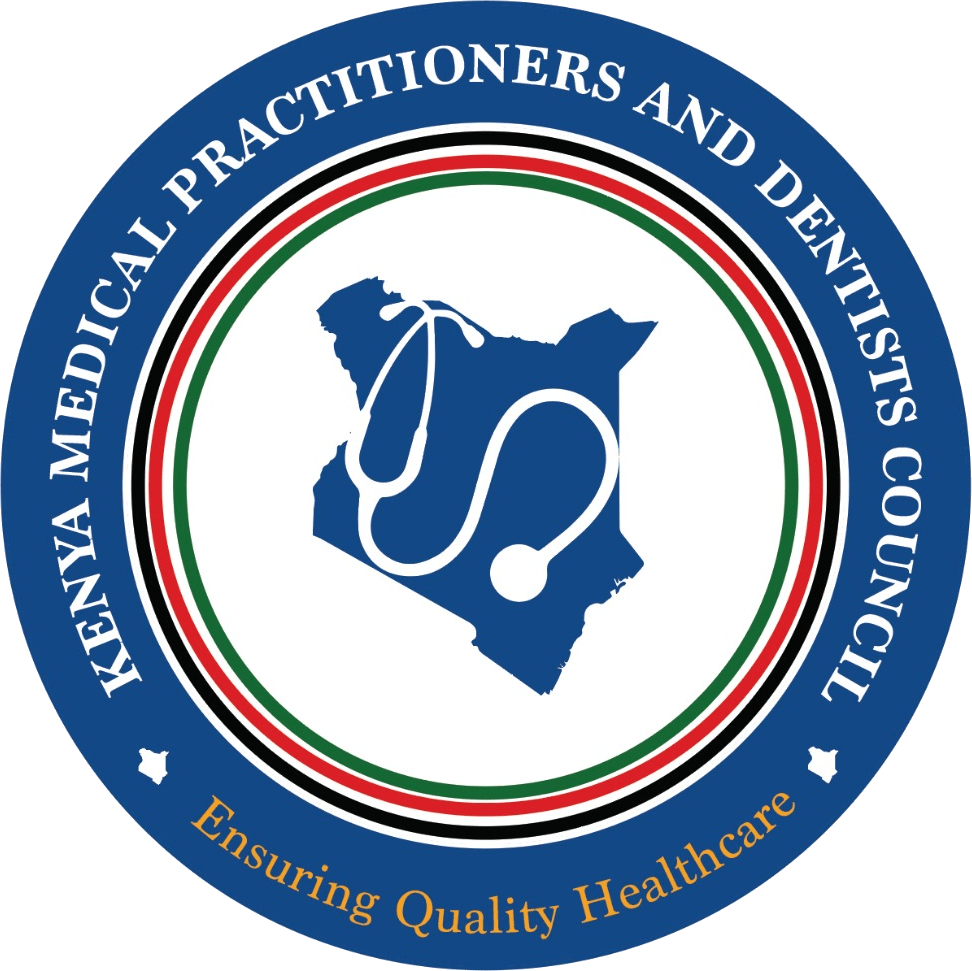Starting on:
Aug 8, 2025
Ending on:
Aug 8, 2025
Moderator(s):
Venue:
KUTRRH
Max Credits:
3 Points
Provider:
Kenyatta University Teaching and Referral Hospital
Claim Points
Aug 8, 2025
Ending on:
Aug 8, 2025
Moderator(s):
KUTRRH
Max Credits:
3 Points
Provider:
Kenyatta University Teaching and Referral Hospital
Claim Points
M&M Case Conference – ICU (Posterior Fossa Tumor Case)
Starting on:
Aug 8, 2025
Aug 8, 2025
Ending on:
Aug 8, 2025
Aug 8, 2025
Venue:
KUTRRH
KUTRRH
Description
Understand the Clinical Presentation and Pathophysiology • Review the natural history and complications of posterior fossa tumors. • Discuss the pathophysiological progression from hydrocephalus to brainstem compression and neuroendocrine dysfunction. • Analyze Perioperative and ICU Management
Objectives
• Understand the Clinical Presentation and Pathophysiology
• Review the natural history and complications of posterior fossa tumors.
• Discuss the pathophysiological progression from hydrocephalus to brainstem compression and neuroendocrine dysfunction.
• Analyze Perioperative and ICU Management
• Evaluate the anesthetic and surgical considerations for suboccipital craniotomy.
• Examine ICU management strategies for post-operative complications including diabetes insipidus (DI), SIADH, and sepsis.
• Identify and Respond to Critical Deterioration
• Recognize early warning signs of neurological decline and systemic instability.
• Discuss escalation protocols for GCS deterioration, fluid overload, and multiorgan failure.
• Explore Diagnostic and Therapeutic Challenges
• Differentiate between DI and SIADH in real-time ICU settings.
• Review the role of imaging, lab monitoring, and endocrine support in managing neurocritical patients.
• Reflect on System-Level Gaps and Improvements
• Identify resource limitations affecting care (e.g., neuromonitoring, medication access, imaging delays).
• Propose system-level solutions such as structured ICU neurosurgical pathways and early multidisciplinary involvement.
• Promote Evidence-Based Practice and Quality Improvement
• Apply current best practices in post-craniotomy care, including fluid and electrolyte management.
• Discuss research questions and quality improvement opportunities, such as protocolized DI management and ICU early warning tools.
• Foster Interdisciplinary Collaboration and Communication
• Highlight the importance of coordinated care between neurosurgery, anesthesia, ICU, endocrinology, and infectious disease teams.
• Encourage proactive communication with families and timely decision-making in complex ICU scenarios.
Presenters
-
Dr.
Jeremy Githome
Dr.

